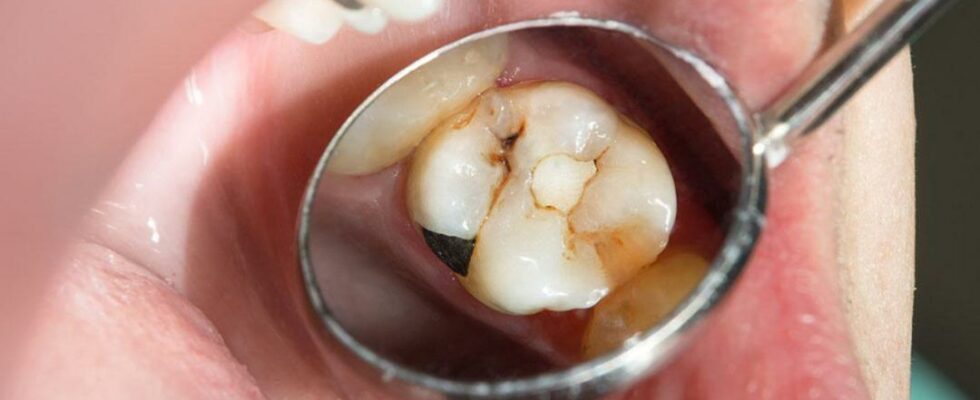Specialist Dentist and Maxillofacial Surgeon Prof. says that smoking after tooth extraction delays the healing process and increases the risks of infection and other complications. Dr. Birkan Taha Özkan warned against smoking during the first week and especially the first 72 hours following tooth extraction. Stating that smoking weakens the immune system and that the risk of infection in smokers may increase 3 times after tooth extraction, Özkan touched upon other risks that may occur.
Stating that cigarette nicotine prevents bone re-formation in the tooth extraction area, Prof. Dr. Özkan said, “After tooth extraction, the bleeding in the gap in the jawbone turns into a clot and then turns into the main bone within 1 month. After tooth extraction, it begins to fill with gum and jawbone within 1 consecutive week.
Following tooth extraction, 80-90 percent of new jaw bone is formed in place of the tooth extraction gap within 1 month, 70 percent within 3 months and 50 percent within 1 year. Cigarette Nicotine prevents bone re-formation in the tooth extraction area. After tooth extraction, it prevents the development of bone-forming agents in the blood that fills the tooth extraction area and the subsequent clot that forms. As a result, beyond the jawbone not being able to form, it causes jaw bone inflammation,” he said.
“INCREASED RISK OF INFECTION AND MOUTH CANCER IN SMOKERS”
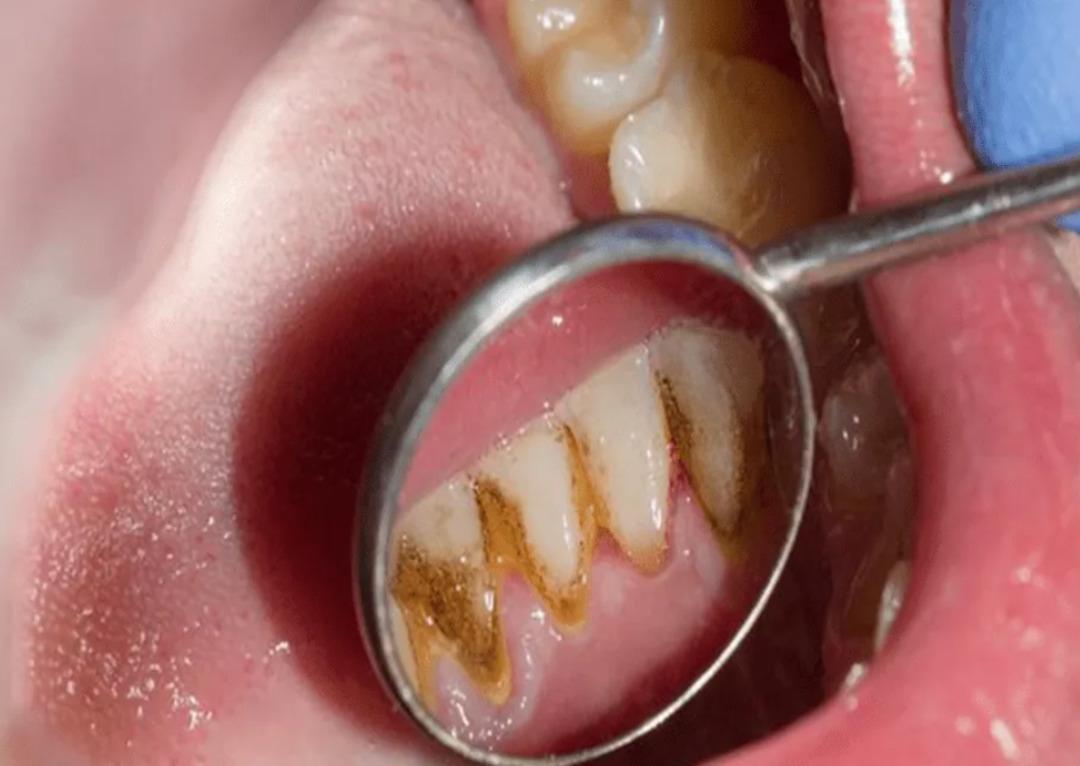
Stating that smoking weakens the immune system and increases the risk of infection in smokers after tooth extraction by 3 times, Prof. Dr. Birkan Özkan said, “The latest scientific research conducted on April 2024 reveals that smoking triggers the complication of “alveolitis”, that is, jaw bone inflammation (infection) and sudden onset of sharp pain, after tooth extraction.
The vasoconstrictive effects of nicotine prevent ideal blood flow in the tooth extraction area and subsequent clot formation. Smoking impairs the healing of open wounds after tooth extraction, causes jaw bone inflammation, and can also cause oral cancer as a side effect. “Smoking combined with poor oral hygiene may cause the infection to spread rapidly and the wound may turn into an abscess, causing the patient to suffer intense pain,” he said.
“RISKS COMING WITH CIGARETTES AFTER TOOTH EXTRACTION”
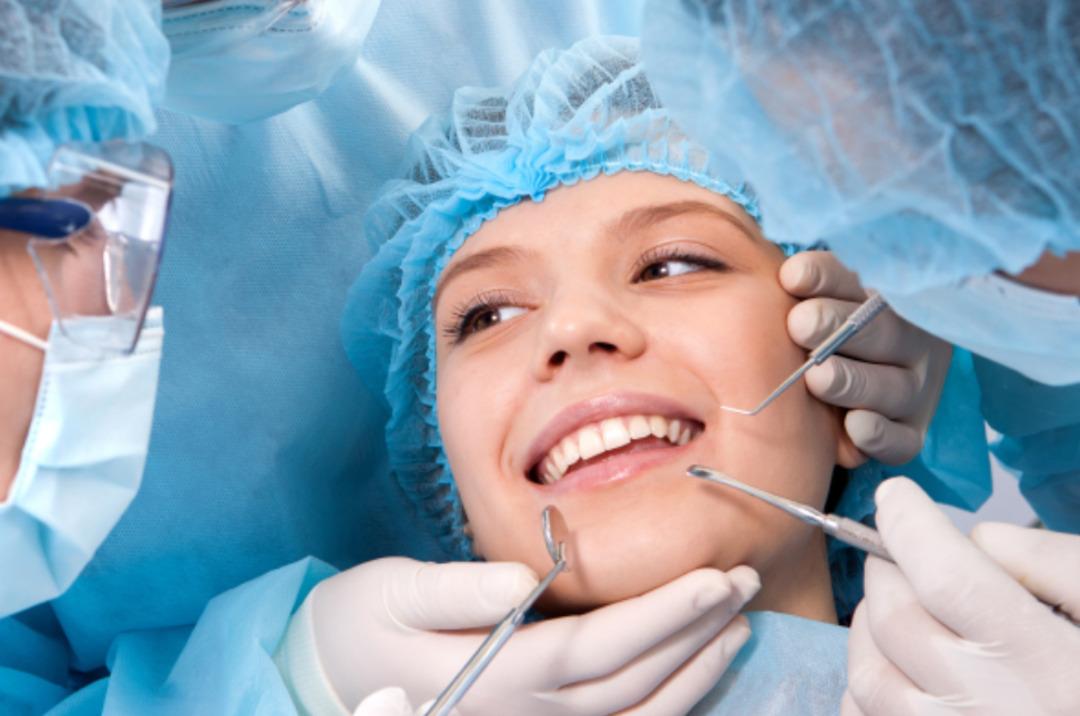
Listing the risks of smoking after tooth extraction, Özkan said, “Smoking prevents the formation of blood clots in the tooth extraction area, causing the wound to become open to bacteria, therefore the risk of infection is significantly higher. This infection can lead to an abscess at the wound site. Nicotine and other chemicals delay wound healing and increase pain levels. It causes a sharp throbbing pain that begins on the 4th day after tooth extraction. After tooth extraction, bad breath begins as a result of cigarette smoke causing infection in the wound area in the tooth extraction area. Bad breath, which begins on the 4th day following tooth extraction, is accompanied by throbbing pain that does not go away.
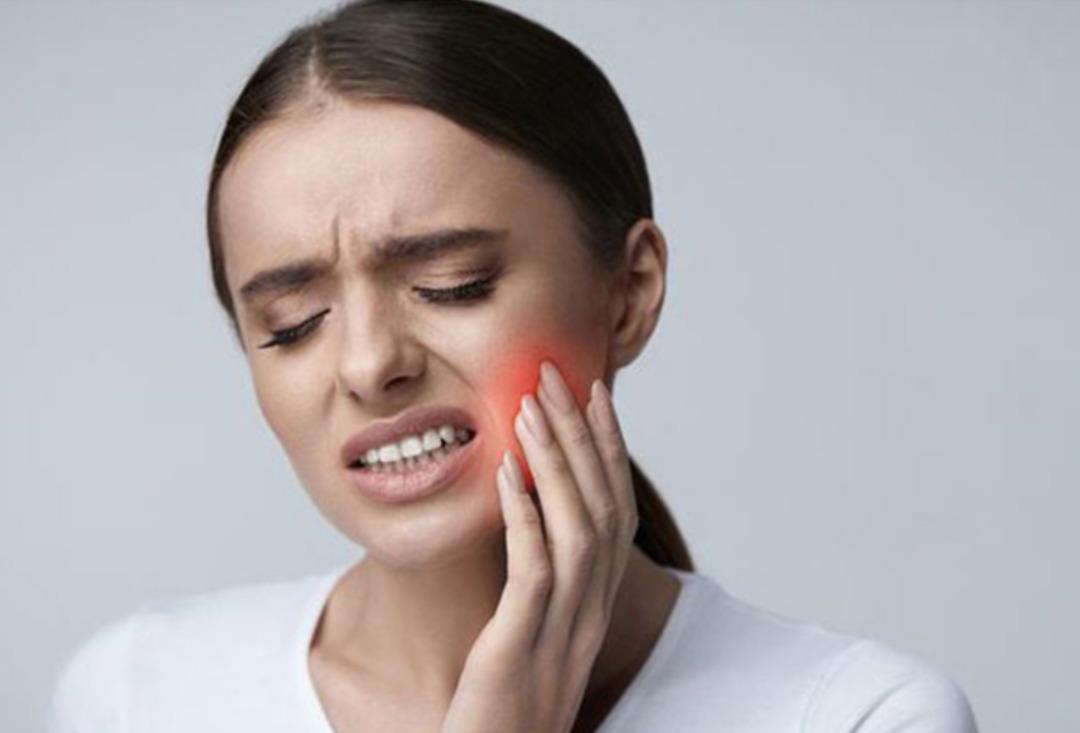
In the long term, it may cause gum recession in the tooth extraction area and loss of adjacent teeth. As jaw bone resorption occurs in the tooth extraction area, the gums of the neighboring teeth may recede and the jaw bones holding the adjacent teeth may melt, causing loss of adjacent teeth. Due to the insufficiency of jaw bone in the area where the tooth was extracted, implant placement is only possible with jaw bone augmentation or jaw bone addition. After tooth extraction, first the clot fills the tooth extraction area and then new bone formation begins. However, in smokers, nicotine prevents jaw bone formation in the tooth extraction area and the jaw bone becomes weak. Since jaw bone formation due to cigarette nicotine is prevented in the tooth extraction area, jaw bone weakens. “For this reason, the weakness and thinning of the jaw bone may lead to jaw fractures during chewing or impact to the jaw,” he said.
“NO SMOKING FOR THE FIRST 72 HOURS”
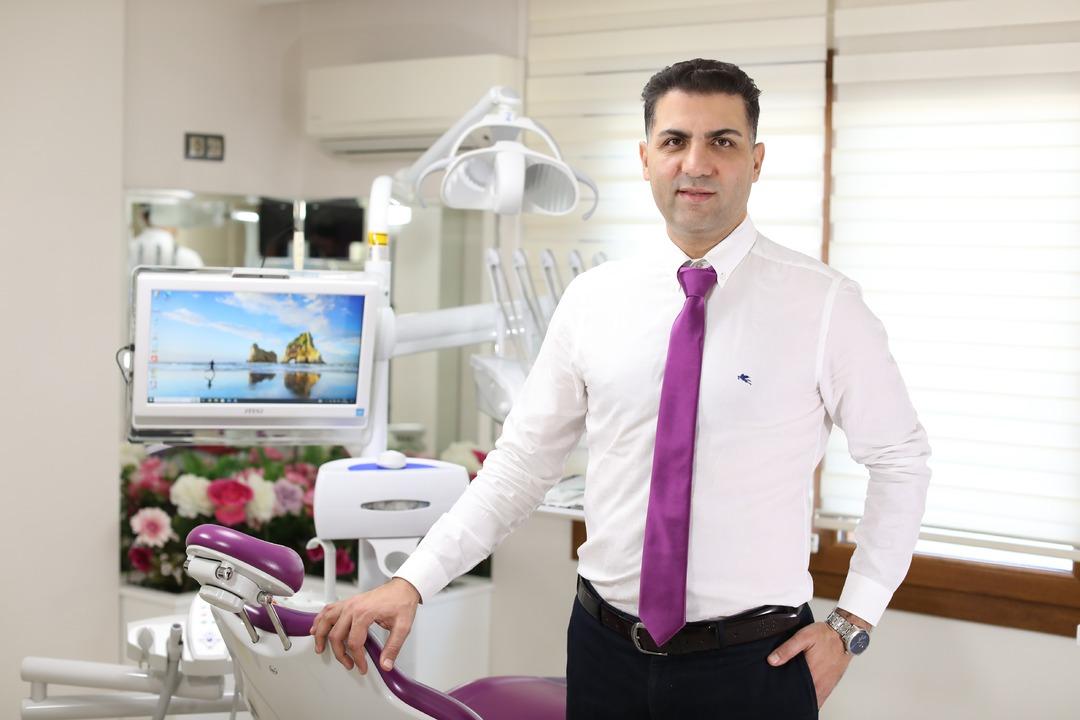
Prof. made suggestions to speed up the healing process and prevent complications. Dr. Özkan said, “Extraction of difficult teeth has a higher risk of complications compared to simple tooth extraction. Smoking after a difficult tooth extraction greatly increases the risk of pain and infection complications. Therefore, choosing the right surgical technique and performing it precisely in difficult tooth extractions in smokers significantly reduces the risk of infection and pain complications after smoking. You should not smoke during the first week or especially the first 72 hours following tooth extraction. This critical period is critical for the formation of a blood clot at the wound site and the development of the jawbone, keeping it free from infection.
ELECTRONIC CIGARETTES ARE NOT INNOCENT
Electronic cigarettes seem innocent, but their use after tooth extraction is not recommended. Because when inhaling the electronic cigarette smoke, it can dislodge the clot with its suction power and damage the wound area. Attention should be paid to oral hygiene, and following tooth extraction, it is critical to carefully brush the gums in the tooth extraction area and the adjacent teeth. Additionally, prescribed antimicrobial or saltwater mouthwash can be used regularly. To prevent complications after tooth extraction, it is essential to stay away from smoking. Tooth extraction surgery can become an important reason to quit smoking. It’s time to review your habits. “A healthy mouth is the key to a healthy life,” he said.
(UAV)
